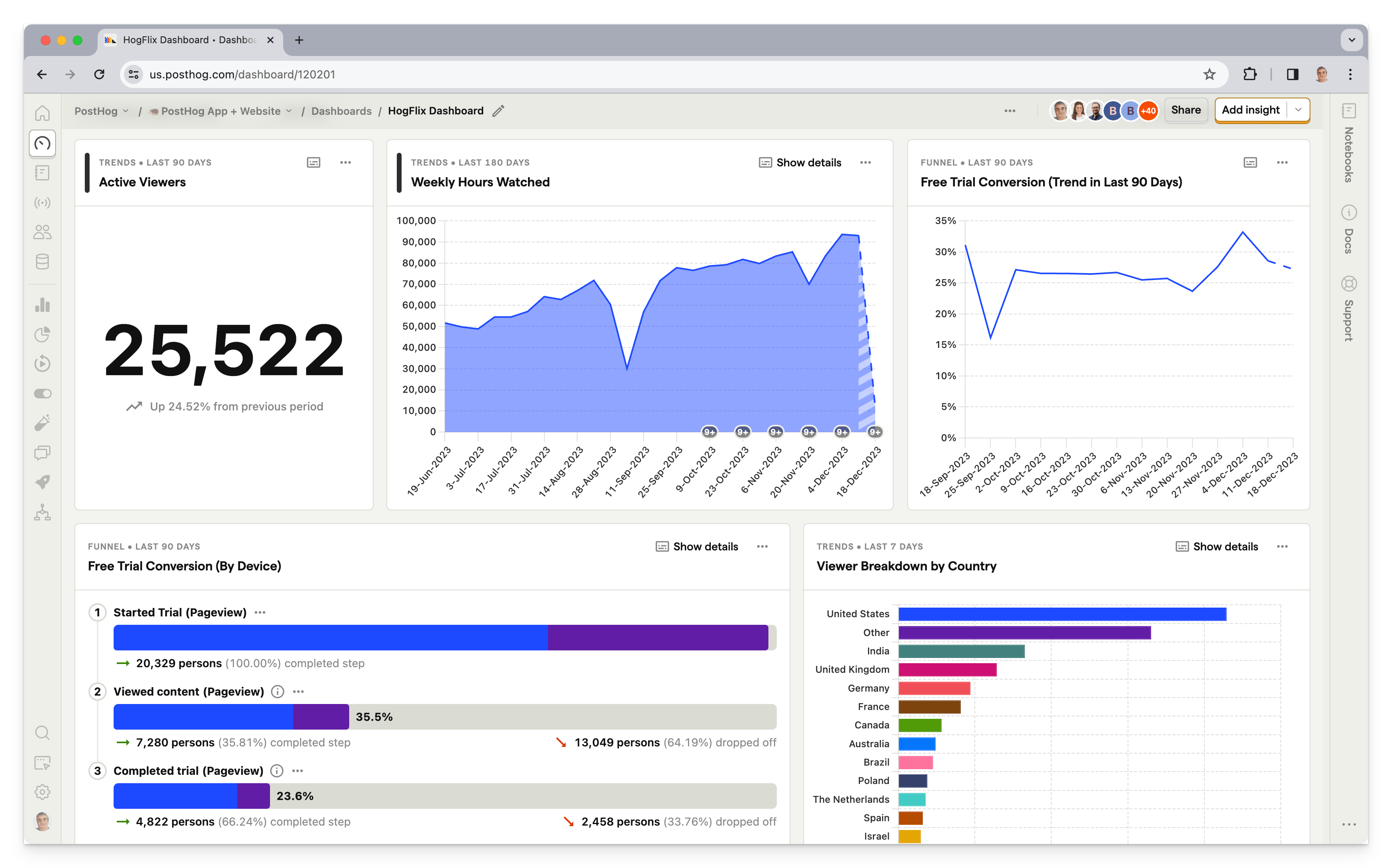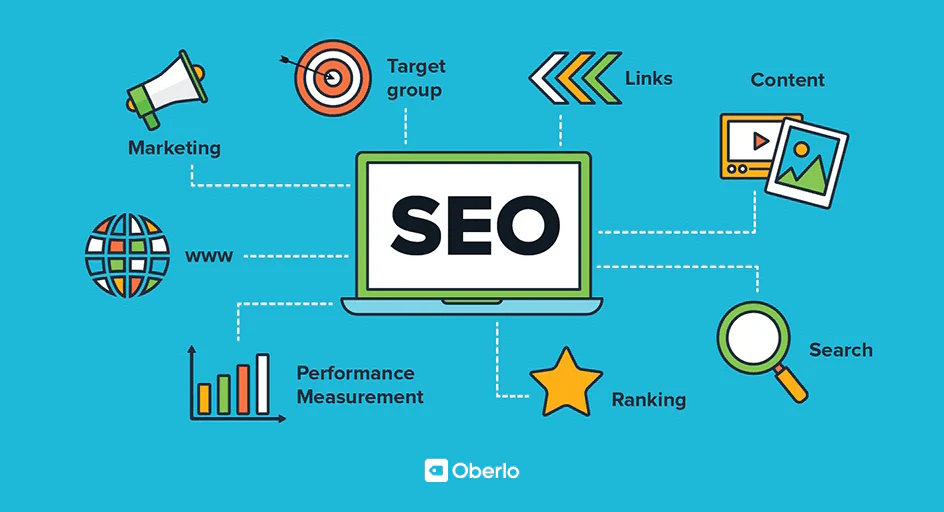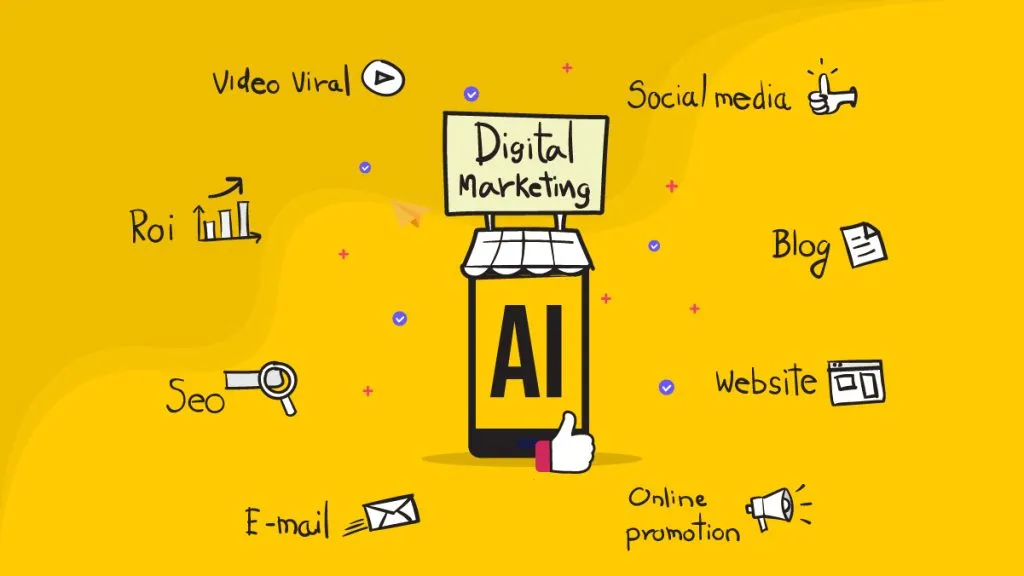Hello, I’m thrilled to dive into one of the most critical topics for any online entrepreneur: the tools and technologies that can help you scale your business investment effectively. As someone who’s built side hustles from scratch, I’ve seen firsthand how the right set of digital tools can transform your operations and accelerate growth. Today, I’ll share with you the essential resources and tech that have fueled my journey and can do the same for you.
1. Analytics and Data Tracking

Data is the cornerstone of informed decision-making. When you’re scaling an online business, understanding your audience, traffic, and revenue is crucial.
Google Analytics and Beyond
-
Google Analytics:
This is your go-to tool for monitoring website traffic, user behavior, and conversion rates. It provides granular insights into how visitors interact with your site, allowing you to optimize pages, refine marketing strategies, and ultimately boost ROI.
-
Heat Mapping Tools:
Tools like Hotjar and Crazy Egg give you visual insights into where visitors click, how far they scroll, and which parts of your website capture the most attention. These insights can help you improve user experience and streamline your conversion funnel.
-
Custom Dashboards:
Integrate tools like Google Data Studio to create custom dashboards. By consolidating data from various sources, you can track key performance indicators (KPIs) such as traffic sources, bounce rates, and revenue metrics in one place.
Why Data Matters
When I acquired Sourcely.ai, rigorous data tracking allowed me to identify areas for immediate improvement—leading to rapid growth. As you scale your business, regular data analysis will guide your strategic decisions, ensuring that every dollar invested is working harder for you.
2. Digital Marketing and SEO Tools

Driving traffic to your website is a must, and a robust digital marketing strategy is only as good as the tools that support it.
Search Engine Optimization (SEO)
-
SEMrush/Ahrefs:
These platforms help you conduct keyword research, monitor backlinks, and analyze competitor strategies. They provide actionable insights into which keywords can drive more organic traffic and how to optimize your content for better search engine ranking.
-
Yoast SEO (for WordPress users):
This plugin simplifies on-page SEO, ensuring that your content is optimized for search engines. It provides real-time suggestions for improving meta descriptions, keyword density, and overall readability.
Content Marketing Tools
-
BuzzSumo:
Discover what content resonates in your niche. BuzzSumo enables you to analyze top-performing articles and identify trends, so you can create content that captures your audience’s attention.
-
Grammarly and Hemingway Editor:
High-quality content is a non-negotiable for SEO success. Use these tools to ensure your writing is clear, error-free, and engaging.
Social Media Management
-
Buffer/Hootsuite:
Manage your social media campaigns effortlessly by scheduling posts, tracking engagement, and analyzing performance. These platforms help maintain a consistent online presence, which is essential for brand recognition and lead generation.
-
Canva:
Visual content is crucial in capturing attention online. Canva offers easy-to-use design templates for creating everything from social media graphics to infographics, which can amplify your message and engage your audience.
3. Automation Tools for Operational Efficiency

When scaling, manual tasks can quickly bog you down. Automation tools help streamline repetitive processes, so you can focus on growth and strategy.
Marketing Automation
-
Mailchimp/ConvertKit:
These email marketing platforms allow you to automate campaigns, segment your audience, and nurture leads with personalized content. Email remains one of the highest converting channels for online businesses, so efficient automation here can lead to significant growth.
-
Zapier:
Zapier connects your apps and automates workflows without requiring complex coding. For example, you can automatically add new leads from your website to your email list, or sync customer data between platforms.
Sales and CRM Tools
-
HubSpot CRM:
A free, robust CRM that helps you manage leads, track customer interactions, and streamline your sales process. As your business grows, keeping your customer data organized is key to scaling sales efficiently.
-
Salesforce:
For more advanced needs, Salesforce offers a comprehensive suite of tools to manage customer relationships, automate sales processes, and generate detailed analytics on your sales performance.
Project Management and Collaboration
-
Trello/Asana:
These tools help you manage tasks, track project progress, and collaborate with your team. When you’re juggling multiple aspects of an online business—from content creation to marketing campaigns—a centralized project management tool can keep you organized and on track.
-
Slack:
Effective communication is vital, especially if you’re working with remote teams. Slack streamlines internal communication, integrates with other tools, and helps ensure that everyone stays aligned on goals and deadlines.
4. E-commerce and Website Platforms

Your website is your digital storefront. Investing in a robust platform can make all the difference when it comes to user experience and conversions.
Website Builders and CMS Platforms
-
WordPress:
As the world’s most popular content management system (CMS), WordPress offers unparalleled flexibility and a vast ecosystem of plugins. Whether you’re running a blog, an e-commerce store, or a membership site, WordPress can adapt to your needs.
-
Shopify:
If you’re focused on e-commerce, Shopify is a powerful platform designed to streamline online sales. With built-in SEO features, secure payment gateways, and a user-friendly interface, Shopify can help you scale your business with ease.
Conversion Rate Optimization (CRO) Tools
-
Optimizely/VWO:
These tools enable you to conduct A/B testing and experiment with different page designs, headlines, and CTAs. By testing variations and measuring results, you can optimize your website for maximum conversions.
-
Unbounce:
Create dedicated landing pages optimized for lead generation and sales. Unbounce’s drag-and-drop builder and robust analytics make it easier to design pages that convert visitors into customers.
5. Financial Management and Accounting Software

Scaling an online business requires precise financial management. The right software can simplify your bookkeeping and provide clear insights into your financial health.
Accounting Solutions
-
QuickBooks/Xero:
These accounting platforms help you track income, expenses, and cash flow. They’re especially useful for managing multiple revenue streams and ensuring that you’re making informed financial decisions as you scale.
-
Stripe/PayPal:
Integrated payment solutions like Stripe and PayPal not only streamline online transactions but also offer reporting tools that help you monitor sales performance and customer behavior.
Financial Analytics and Forecasting
-
LivePlan:
Create detailed business plans and financial forecasts with LivePlan. This tool allows you to set goals, track progress, and adjust your strategies based on real-time financial data.
-
Fathom:
Fathom turns your accounting data into visual insights. With this tool, you can analyze trends, compare performance against benchmarks, and make data-driven decisions to fuel your growth.
6. Cybersecurity and Data Protection

As you scale your online business, protecting your digital assets becomes increasingly critical. Cybersecurity tools help safeguard your website, customer data, and overall operations.
Website and Data Security
-
SSL Certificates:
Ensure that your website uses SSL certificates to protect data transfers and build trust with your visitors. This is a fundamental step for any online business.
-
Cloudflare:
Cloudflare not only speeds up your website by caching content but also provides robust security features, including DDoS protection and web application firewalls.
-
Backup Solutions:
Regularly back up your website and data using tools like UpdraftPlus (for WordPress) or automated cloud backups. This ensures that you can recover quickly in the event of a cyber incident.
Monitoring and Incident Response
-
Security Plugins:
For WordPress users, plugins like Wordfence offer comprehensive security solutions, including real-time threat detection and firewall protection.
-
Managed Security Services:
As your business grows, consider investing in managed security services. These providers offer round-the-clock monitoring, threat analysis, and rapid incident response to keep your digital assets safe.
7. Collaboration and Integration Platforms

In today’s digital ecosystem, integration is key. Seamless collaboration between your tools and systems can save time and reduce errors.
Integration Hubs
-
Zapier:
As mentioned earlier, Zapier plays a critical role in connecting various apps. Whether it’s syncing data between your CRM and email marketing platform or automating social media posts, Zapier acts as a central hub for your business processes.
-
IFTTT (If This Then That):
IFTTT offers similar automation capabilities. It’s a flexible tool that can create simple, conditional statements (applets) to automate tasks across multiple apps and devices.
Collaboration Suites
-
Google Workspace:
Google Workspace (formerly G Suite) offers a comprehensive suite of tools—from Gmail and Google Drive to Docs and Sheets—that facilitate collaboration and document management in real time.
-
Microsoft 365:
For those who prefer Microsoft’s ecosystem, Office 365 provides robust tools for email, file sharing, and collaborative document editing.
8. The Role of AI and Machine Learning

Artificial Intelligence (AI) is revolutionizing the way we run online businesses. Integrating AI-powered tools can provide a competitive edge and automate complex tasks.
AI-Driven Insights
-
Chatbots and Customer Service:
Implementing AI chatbots on your website can enhance customer service by providing instant responses to common queries. Tools like Intercom or Drift use AI to streamline customer support and improve conversion rates.
-
Personalization Engines:
Use AI to analyze customer behavior and personalize the shopping experience. By recommending products or content based on individual preferences, you can significantly boost engagement and sales.
Predictive Analytics
- Data Science Platforms: Leverage platforms such as IBM Watson or Google’s AI tools to predict customer behavior, forecast sales, and optimize marketing campaigns. Predictive analytics can help you stay ahead of trends and make proactive adjustments to your strategy.
Automating Routine Tasks
- Workflow Automation: AI-driven platforms like Monday.com can help automate project management tasks, freeing up time for you and your team to focus on strategy and growth.
Final Thoughts
Scaling an online business investment is an exciting journey that requires a strategic blend of the right tools and technologies. From comprehensive analytics and digital marketing solutions to robust financial management and cybersecurity, every tool plays a vital role in propelling your business forward.
When I reflect on my own experience—from the early days of building a side hustle to acquiring and scaling ventures like Sourcely.ai—I see a clear pattern: leveraging modern technologies is not just an option, it’s a necessity. With these tools, you can streamline operations, make data-driven decisions, and ultimately create a scalable, sustainable business model.
As you embark on your journey, remember that the technology landscape is constantly evolving. Stay curious, experiment with new tools, and don’t hesitate to invest in systems that add value to your business. The right integrations can save you time, reduce errors, and open up new avenues for growth.
In today’s digital economy, success belongs to those who adapt quickly and leverage technology to its fullest potential. Whether you’re a first-time investor or a seasoned entrepreneur, integrating these essential tools into your workflow will empower you to scale your online business investment—and transform a modest starting budget into a thriving enterprise.
Thank you for joining me on this deep dive into the world of digital tools and technologies. I’m excited to see how you apply these insights to scale your own online business. Here’s to harnessing the power of technology and turning your investment into lasting success!














 Mar 08, 2025
Mar 08, 2025









 Prev Post
Prev Post
What do you think?
Show comments / Leave a comment